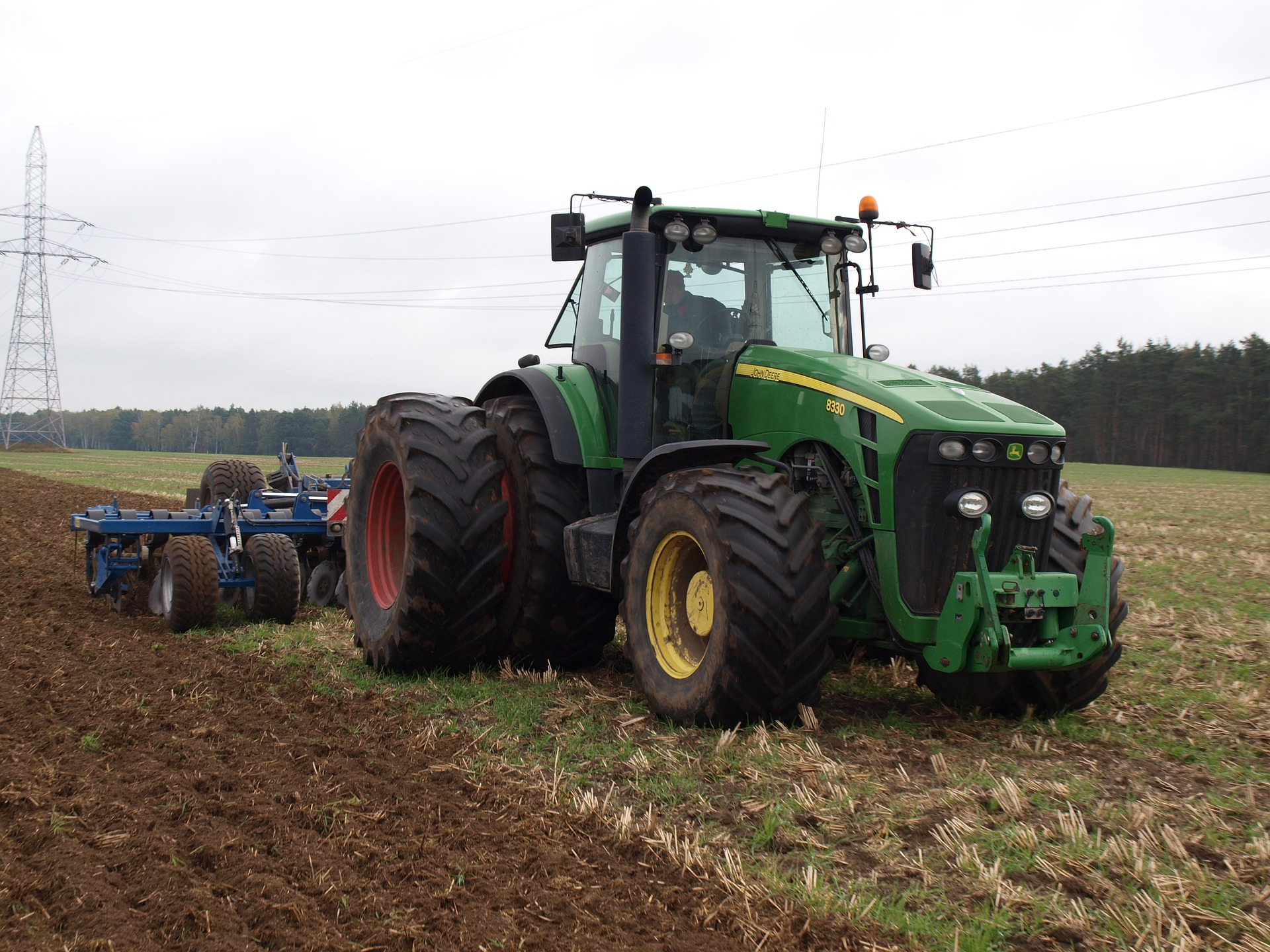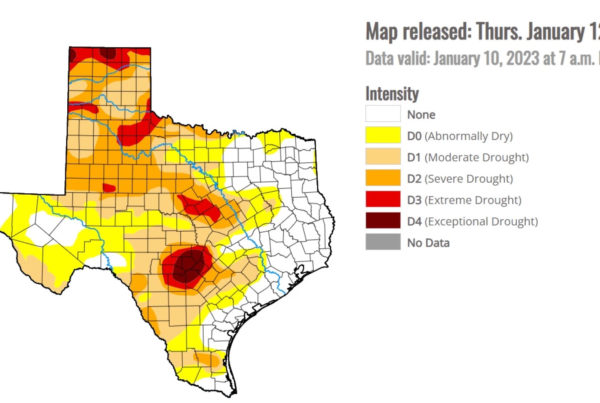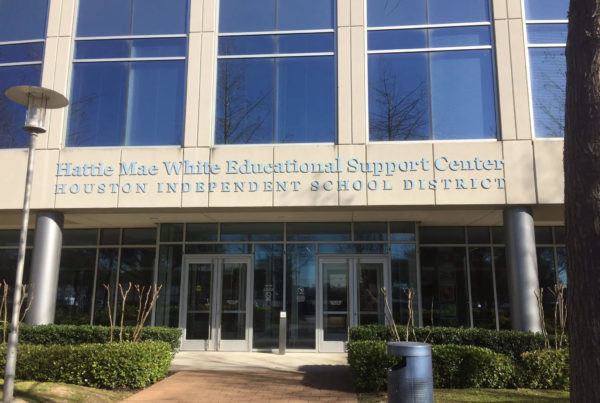Today’s tractors are far more than large-wheeled farm machines tilling a farmer’s field. They’re high-tech devices controlled by software. A new agreement between the largest tractor manufacturer and a lobbying group representing farmers purports to level the playing field.
Farmers often can’t repair their own tractors, or use a service provider of their choice, because the company that built the tractor, not the farmer, controls repair options. Under a memorandum of understanding between John Deere and the U.S. Farm Bureau Federation, that could change.
Or, it could end up blocking popular state or federal legislation that would provide a fuller right-to-repair, says Aaron Perzanowski, the author of “The Right to Repair: Reclaiming the Things We Own.” He’s also a professor of law at the University of Michigan. Listen to the interview above or read the transcript below.
This transcript has been edited lightly for clarity:
Texas Standard: What are some of the ways companies restrict how farmers use and repair their equipment right now?
Aaron Perzanowski: These devices, in terms of their functionality and their operation, really depend on embedded software and they depend on software for diagnosis and repair as well. So if you can control that software, you can control this device even after it’s been purchased by a farmer. And that’s exactly what we see in the repair markets.
What are the basics of this new agreement, the memorandum of understanding between John Deere and the Farm Bureau Federation?
So I think until we see some followthrough, it’s really best to regard this memorandum of understanding primarily as a public relations document and in some ways as sort of a ploy to undermine legislative efforts that I think would give farmers more robust and more reliable protections. But what the MOU purports to do is commit John Deere to making available some limited software tools that are already available to farmers, according to Deere. In addition to that, to make some manuals, to make diagnostic codes and other sorts of information available to farmers that in theory would make it easier and cheaper for them to repair their equipment themselves or to rely on independent repair providers as opposed to what they have to do now, which is to essentially go to the authorized John Deere dealer to complete lots of repairs when it comes to these devices.
John Deere is a huge player in the farm equipment industry, but not the only one. What does this mean for farmers who own Holland or something else?
Yeah, I think that’s a really important point. John Deere is the only manufacturer that has entered into this particular memorandum of understanding. And so there are a whole lot of reasons to think it doesn’t really bind John Deere’s behavior either, but it certainly doesn’t bind any of the other manufacturers in the marketplace, many of whom use very similar sorts of strategies and tactics to exert control over the repair market.
So John Deere might wish to prevent legislation, but do you think that’s likely to happen or do you think the states and lawmakers at all levels are still likely to pursue this?
I would be surprised if we do not see renewed efforts both at the state and federal level to introduce and pass right-to-repair legislation. The demand within the agricultural space for this sort of legislation isn’t going anywhere.
As different governmental agencies potentially take this up, are we likely to see political fights over this? Are initiatives over right-to-repair more popular with one party or the other, or do they tend to have bipartisan support?
Right-to-repair, I’m happy to say, is one of the few remaining genuinely bipartisan issues. If you look at the 30 states or so where these bills have been introduced in the last few years, you see just as many being introduced by Republicans as you do by Democrats, often they’re introducing them together. If you look at the public polling, you see really high numbers. We’re talking like 80% and higher levels of support among Republicans, Democrats and independents. So if you talk to consumers, they’re in really broad agreement that this is a good idea. And so I don’t think it falls into the typical partisan divisions that we’ve become so used to seeing in our politics.















